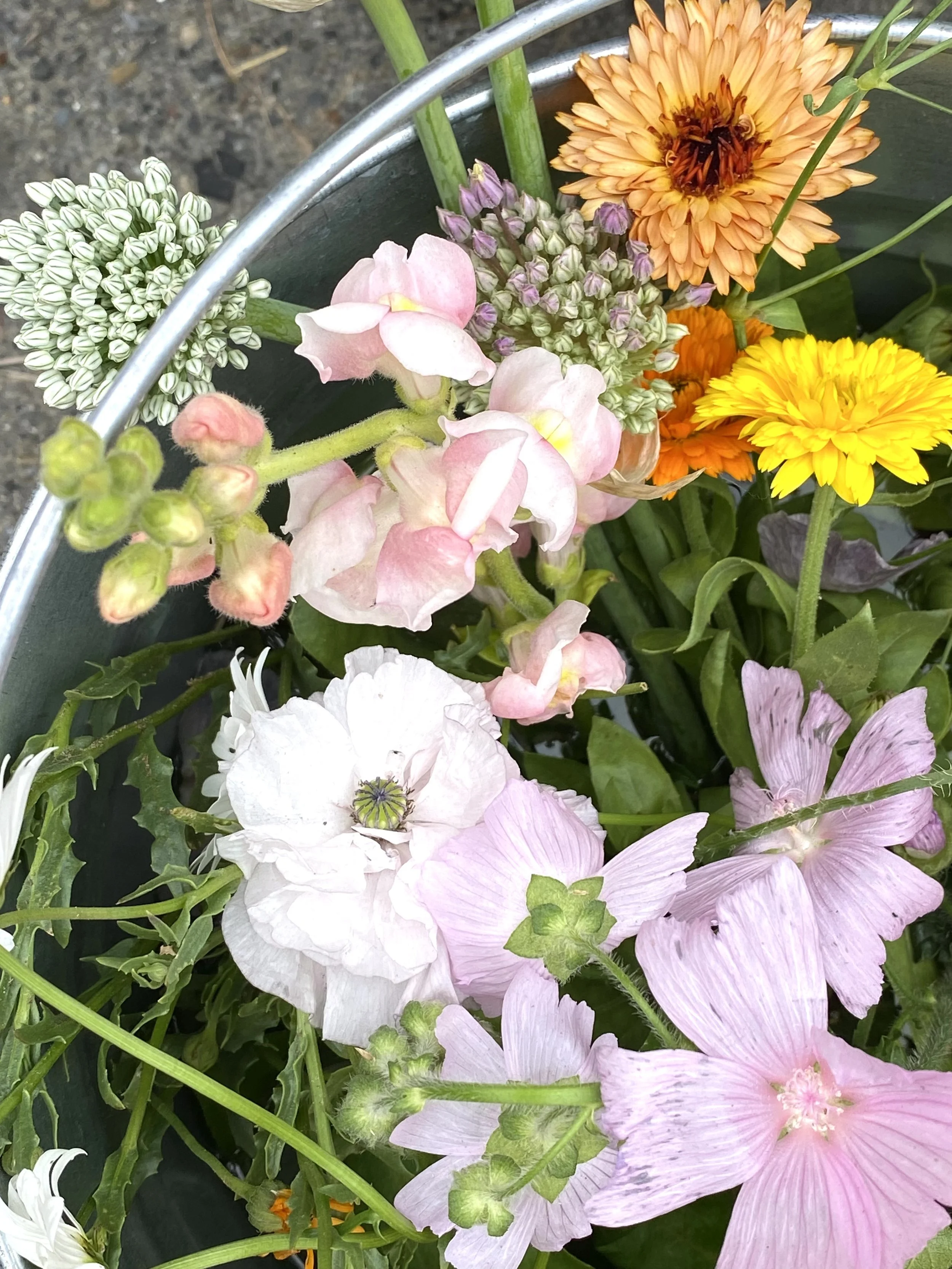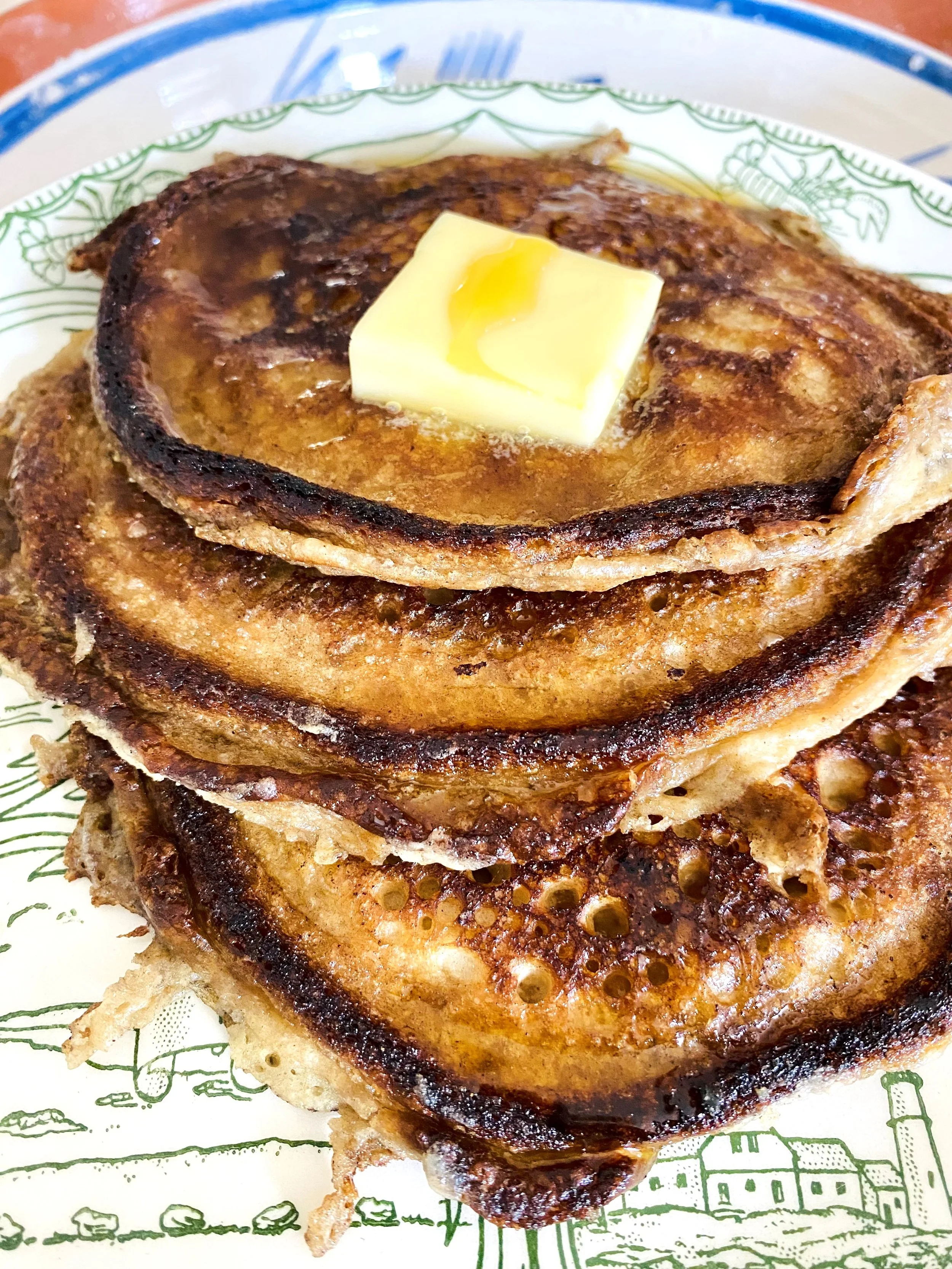Mama Tree Farm
Mama Tree Farm grows cut flowers, "good mood" non-cannabis herbs, ancient grains for research, and forage hay. We use regenerative, low till, and organic practices. We also produce delicious gluten-free, ancient plant baking mixes now sold throughout Vermont and in New Hampshire, Boston, MA, and New York City, NY.
The mixes celebrate and promote food plant diversity and use gluten-free*, ancient grains—millet, teff, amaranth, sorghum and two roots—arrowroot, and tapioca. Mama Tree Farm grows these grains for research as a viable food crop in the Northeast and to promote agrobiodiversity and diversity in our food supply.
The mother tree, found in many places around Mama Tree Farm, supports those around her and yet also needs care to continue her work. She symbolizes all that we do and we honor, respect, and care for her.


